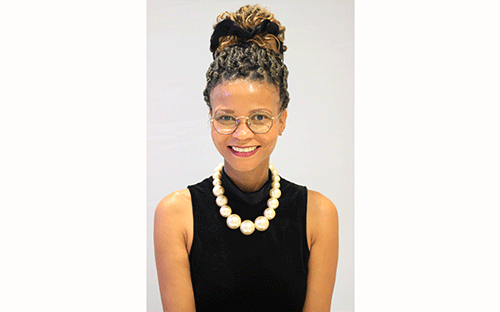Worldwide, many people are experiencing hardships due to the current economic climate.
Namibia is not exempted from the economic turmoil, as people struggle to provide or access basic needs, such as food.
The mainstream media coverage that sheds light on the misappropriation of public funds by those entrusted to manage the resources responsibly and fairly to ensure no Namibian is left behind further fuels despair among the nation, as it widens the inequality gap even more among the rich and the poor.
According to the World Bank data, the Gini coefficient, which measures the gap between the rich and the poor, Namibia is currently ranked at 59.1 – second highest in Africa – when it comes to the unequal distribution of resources, a trajectory to poverty.
The consensus on various social media platforms about the unequal distribution of resources and access is indicative of the nation’s psychological state of mind. There is a sense of hopelessness, generally, but also fear and worry around financial security in the nation.
In psychology, hopelessness is a symptom of depression (mental illness) – and usually, when people are feeling hopeless, it is suggestive they are unable to foresee a possible change or positive outcome for their life.
Closely and related to hopelessness, especially among those suffering from depression, are suicidal thoughts.
Some of the ongoing suicide attempts and completed suicide cases may as well be attributed to the loss of livelihood that resulted from Covid-19, but they are also exacerbated by the ongoing high inflation rates as living becomes unbearable for many people.
Research states that socio-economic factors, such as income, education, employment, housing and social support are known to influence people’s overall health and well-being, including their mental health.
People with higher socio-economic status are less likely to experience negative affective states and stress, compared to those with lower socio-economic status (Haushofer & Fer, 2015).
According to Miles and Hewstone (2015), there is a strong correlation between poverty and mental health. People living in poverty – not having enough money to provide basic needs, such as shelter, food and clothing – are likely to suffer from mental illnesses, such as depression, anxiety, schizophrenia and substance use disorders, although some mental illnesses like schizophrenia can also predispose people to poverty.
Psychotherapy and counselling are crucial in alleviating the symptoms experienced by people affected by poverty.
However, therapy is not a solution to social problems. When people are preoccupied with how they are going to feed themselves and their families or feel destitute because they do not have accommodation, they cannot be expected to function holistically because no amount of therapy can resolve their social problems.
In agreement, liberation psychology founder Ignacio Martin Baro states that we cannot isolate “mental health problems” from our broader societal structure.
Additionally, Dr Sarah Asahn argues that although individual psychology has its place, psychology must embrace social change by addressing repressive social structures to foster transformation in clients and societies.
On the African continent, collectiveness has always been the culture. Thus, it is imperative that all stakeholders responsible for the health and well-being of all Namibians collectively challenge social problems that affect the mental health of the nation.
Only a mentally fit nation can be productive and contribute as well as participate in civic responsibilities.
* Justine /Oaes is a licensed clinical psychologist.
– oaesjustine@gmail.com



